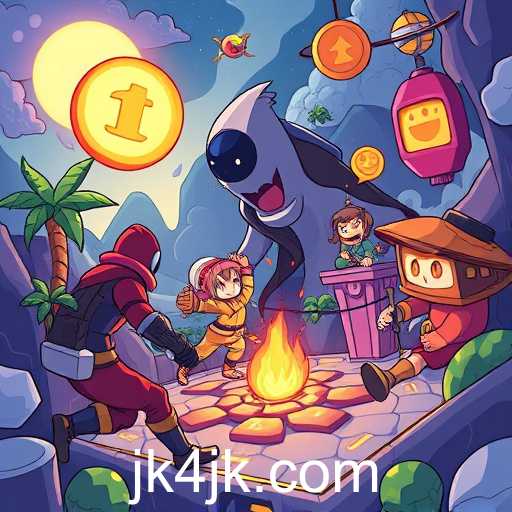Exploration of how gaming has developed, influenced by current trends and societal shifts.
As we navigate through the mid-2020s, the gaming industry continues to evolve at a remarkable pace, influencing and reflecting broader societal trends. Websites like JK4 have emerged as pivotal platforms where gamers congregate, share experiences, and engage with the latest in game technology. This development has had far-reaching effects on both the industry and the communities it touches.
The rise of online gaming has played a significant role in the increased connectivity among users globally. This phenomenon isn't merely about entertainment; it's also about forming connections and establishing communities across vast distances. For instance, online forums and platforms foster conversations and collaborations that were unimaginable just a few decades ago. JK4, for example, provides a space where gamers can exchange strategies, stream gameplay, and discuss the latest news, thereby creating a new type of digital society.
Industry experts suggest that the current gaming trends are just a tip of what’s possible in this diverse field. Advances in virtual reality (VR) and augmented reality (AR) are poised to transform not just how games are played but also how real-life skills are developed. This technology is increasingly being integrated into training programs across various fields, showcasing its potential beyond traditional gaming.
However, this rapid growth isn't without challenges. Concerns around data privacy and cyber security are more prevalent than ever. As platforms collect significant amounts of user data to enhance experience, the responsibility to protect this data becomes critical. Gaming companies, therefore, face the dual pressure of innovating while safeguarding their users' information.
Social dynamics are shifting as well. Online platforms like JK4 are central to this change, acting as catalysts for both positive interactions and, unfortunately, a breeding ground for negative behavior such as online harassment. Addressing these issues is as essential as any technical update, requiring concerted efforts from developers, platform operators, and the gaming community.
In conclusion, the world of gaming is no longer a niche interest but a major cultural force with implications across multiple societal sectors. As we continue through the 2020s, the way we engage with and through games will play a crucial role in shaping digital and physical interactions alike.




